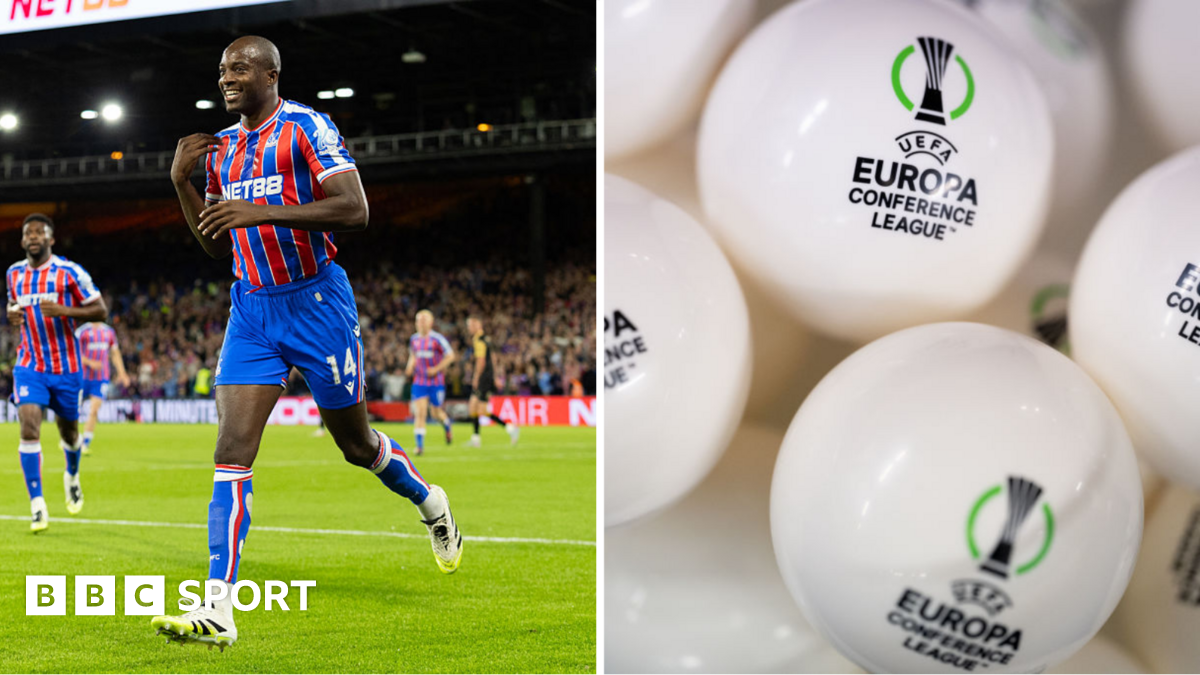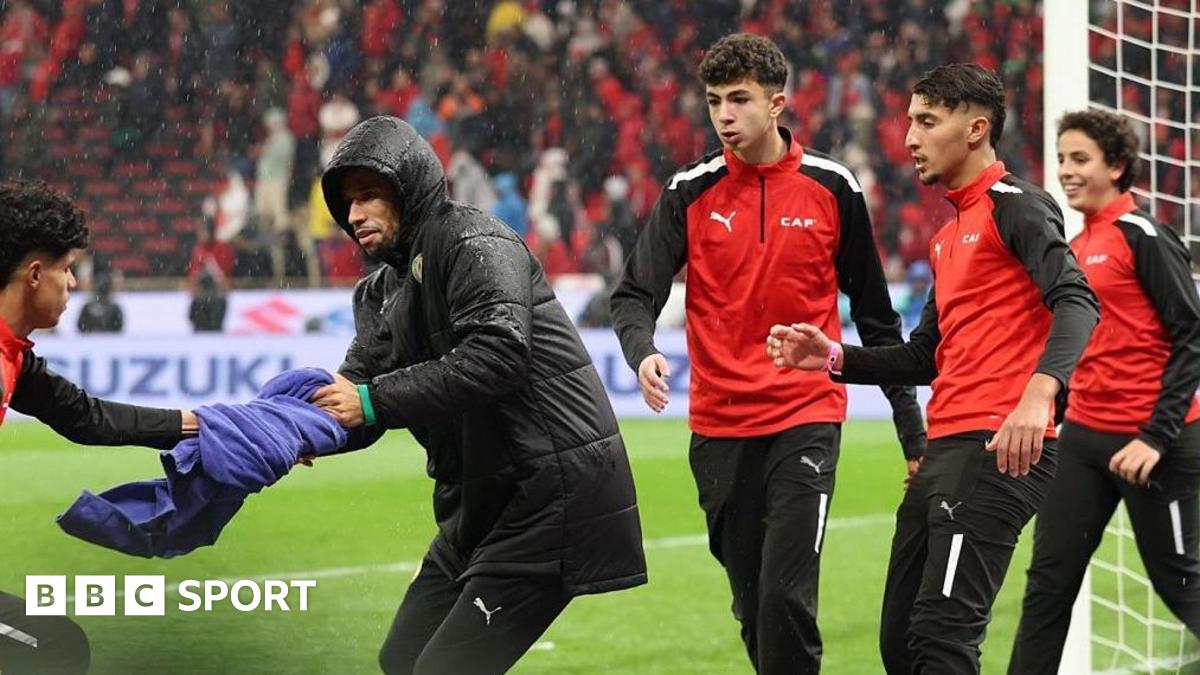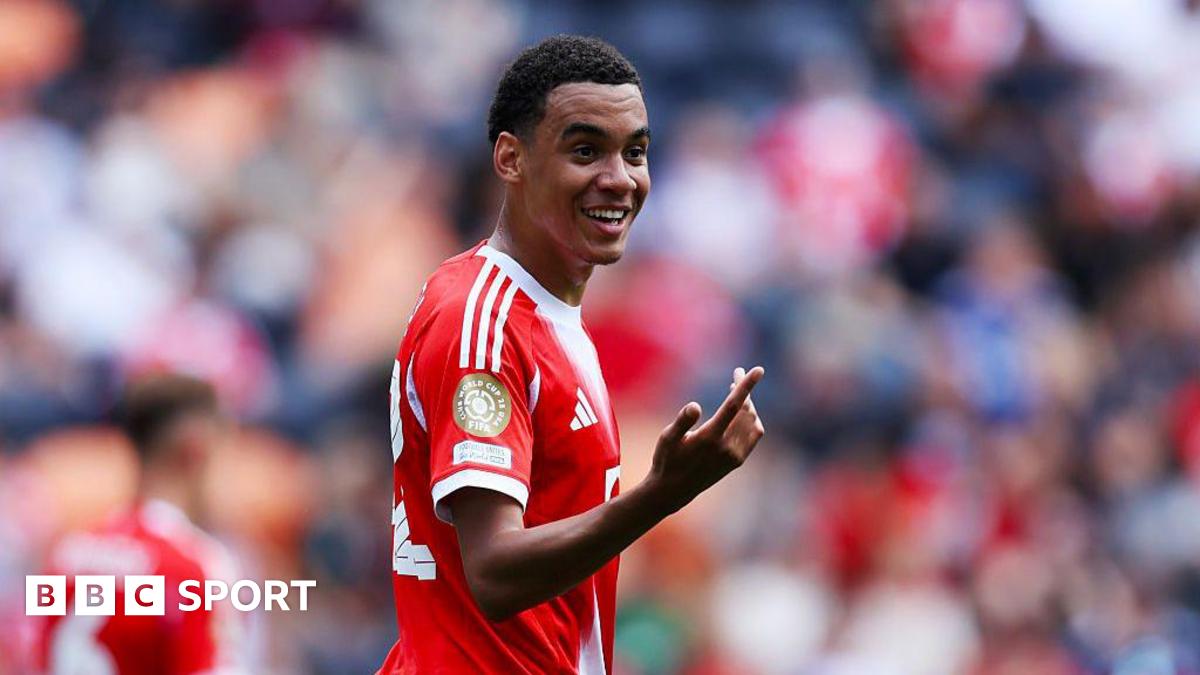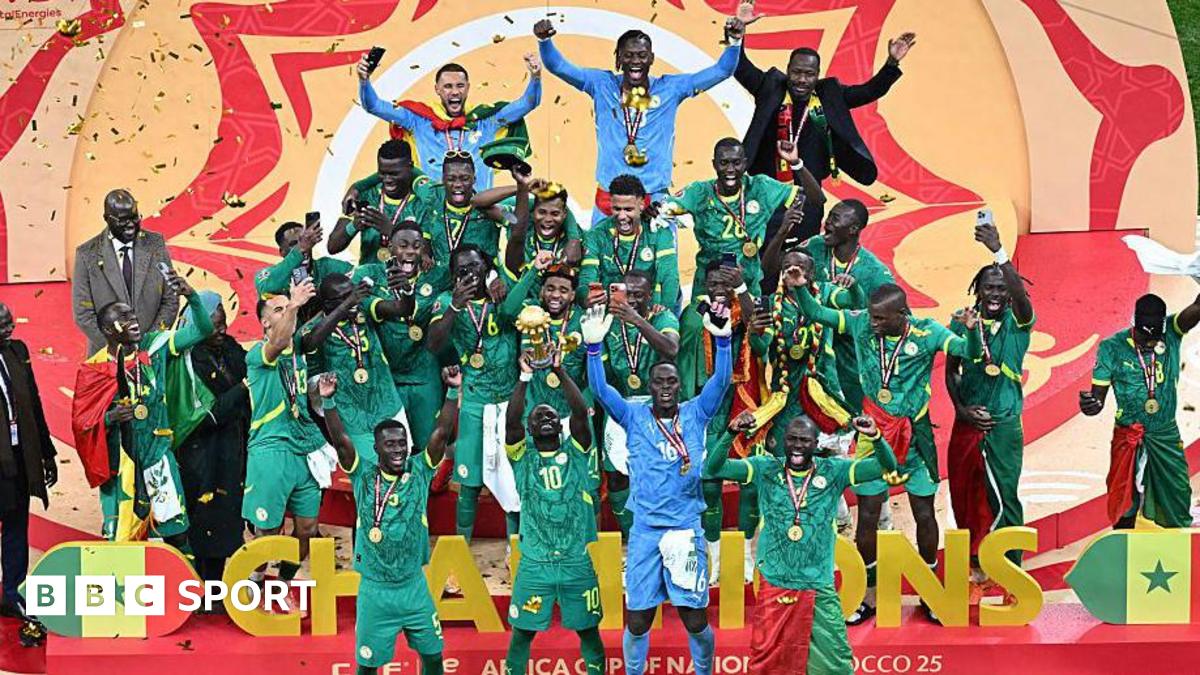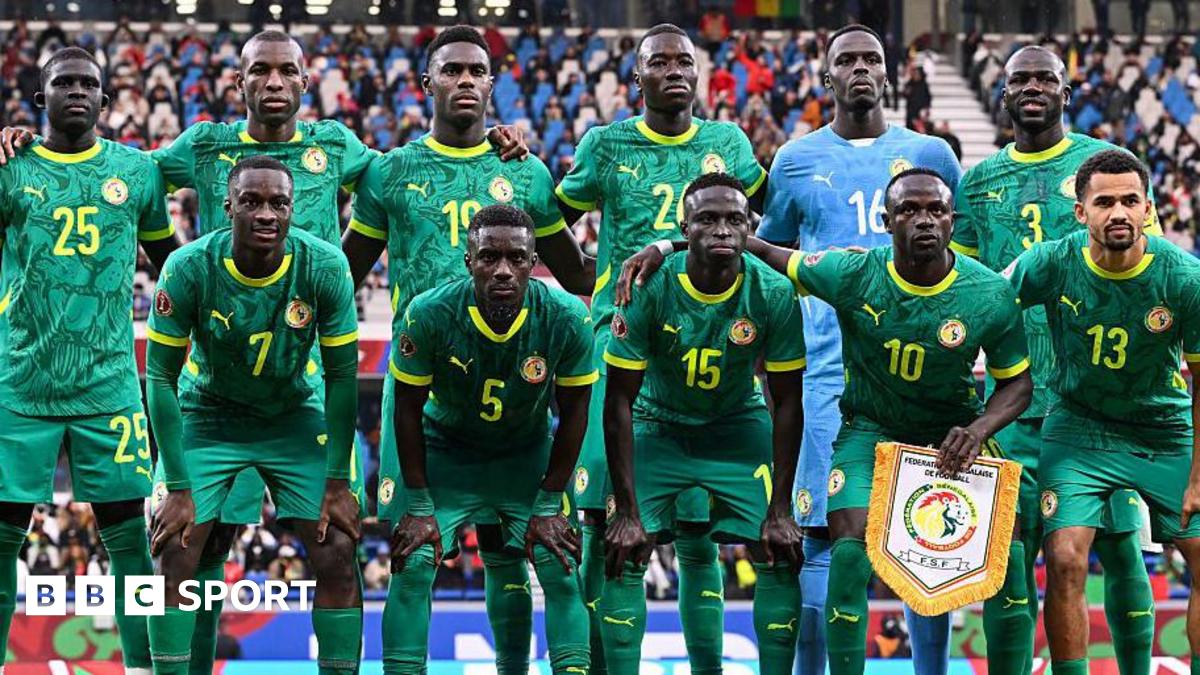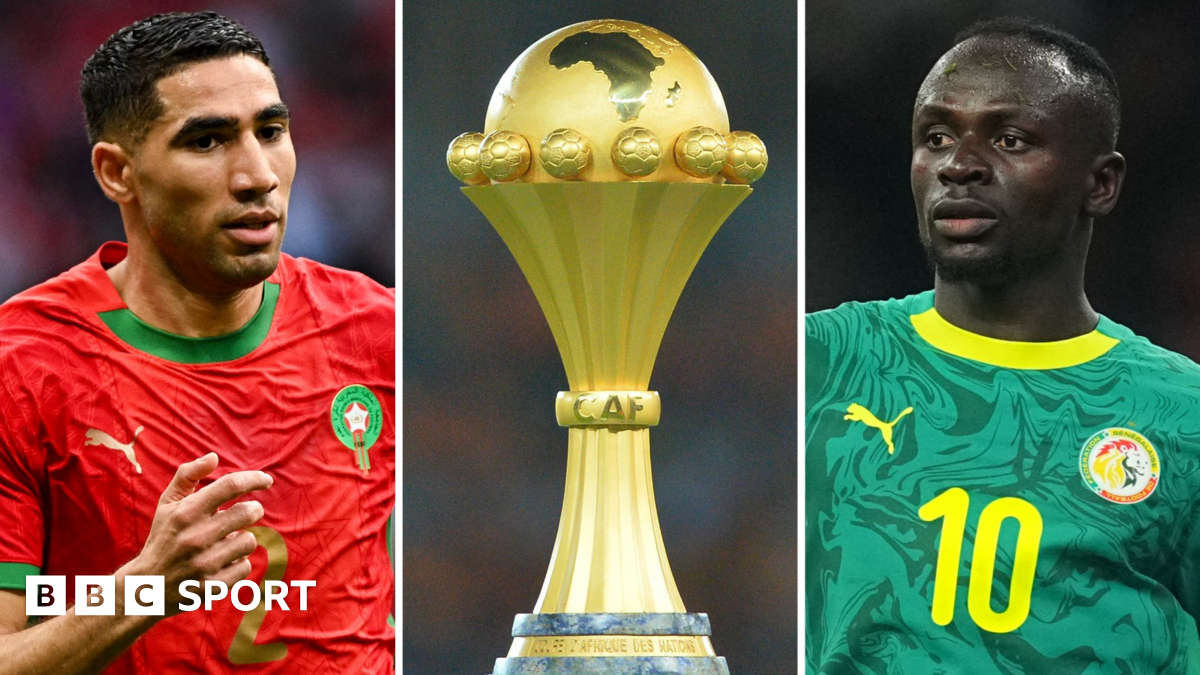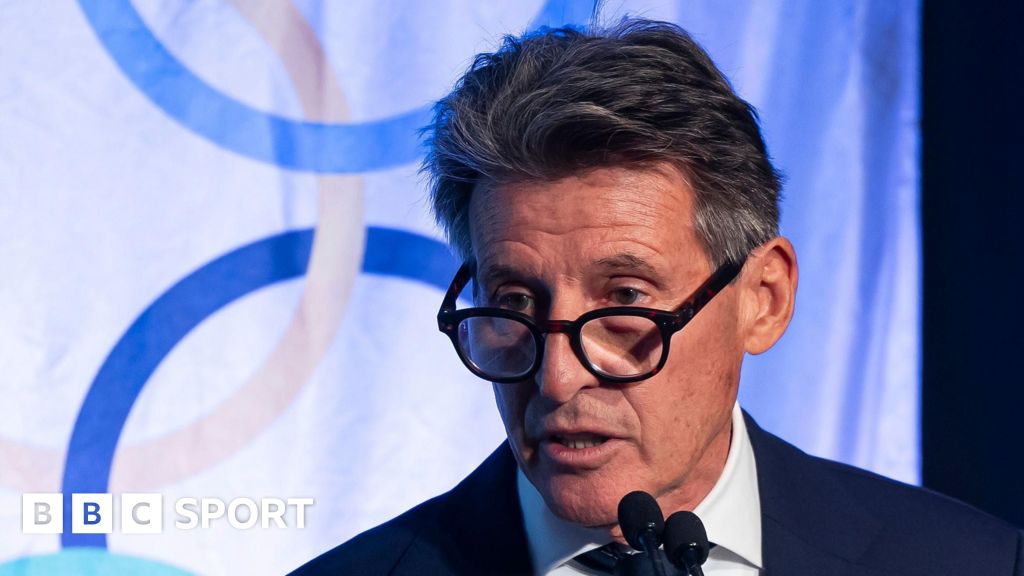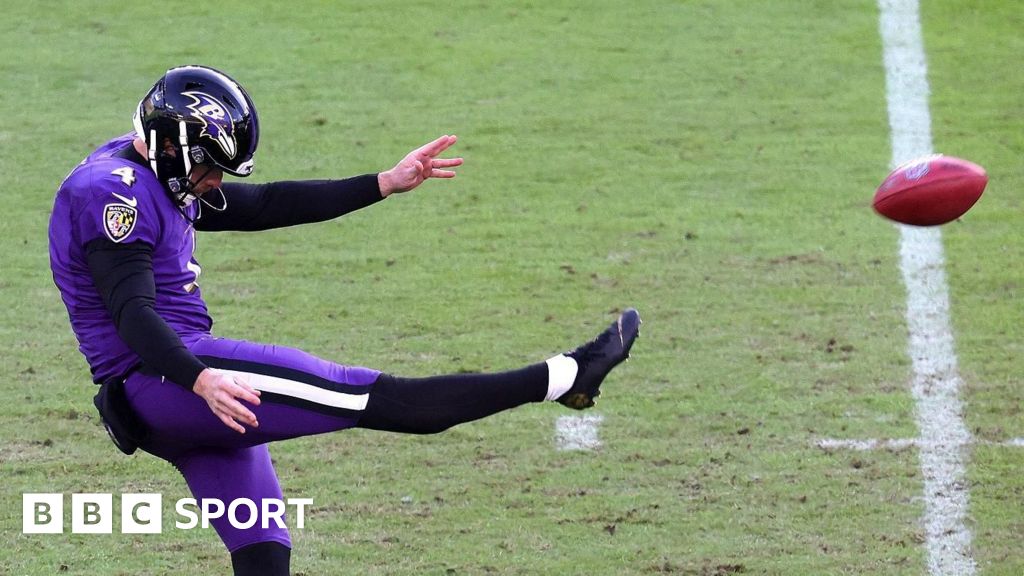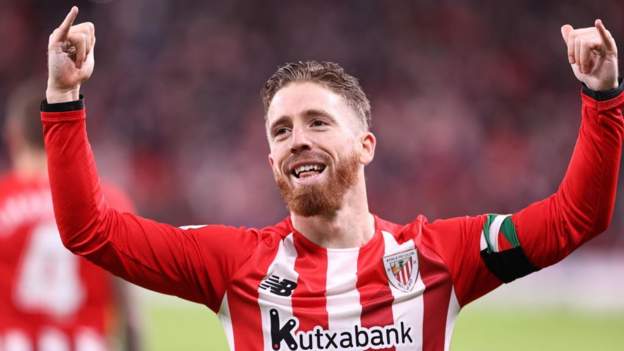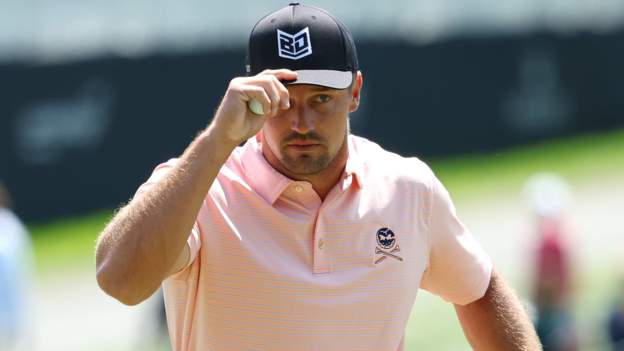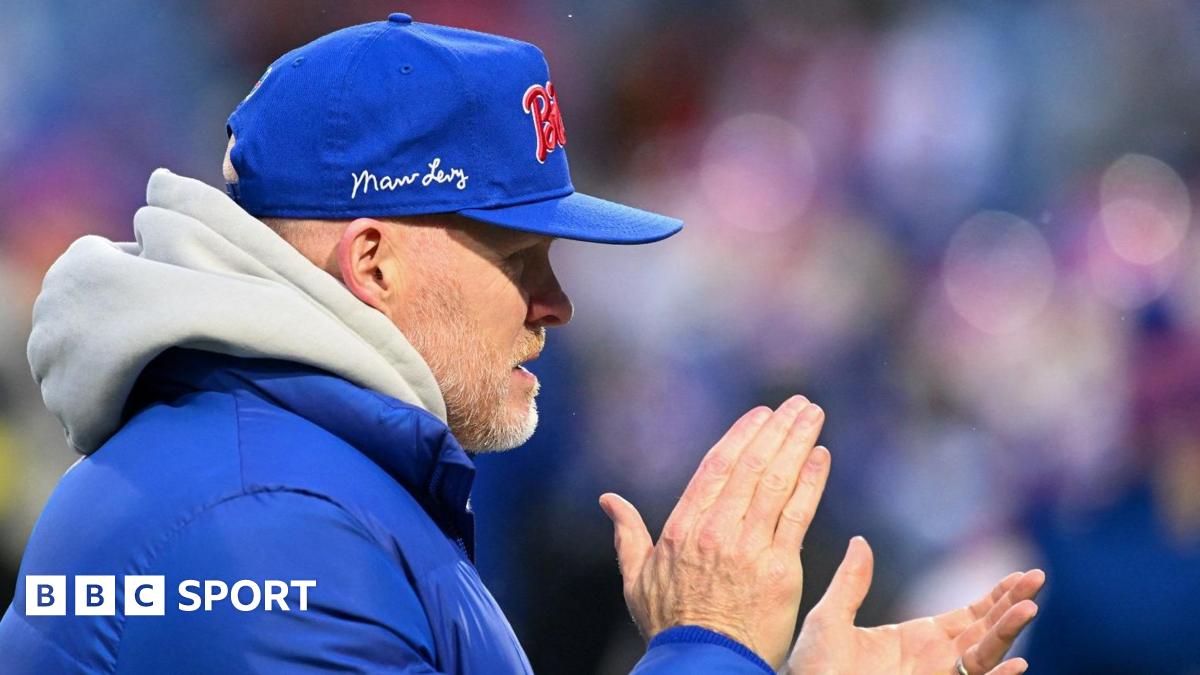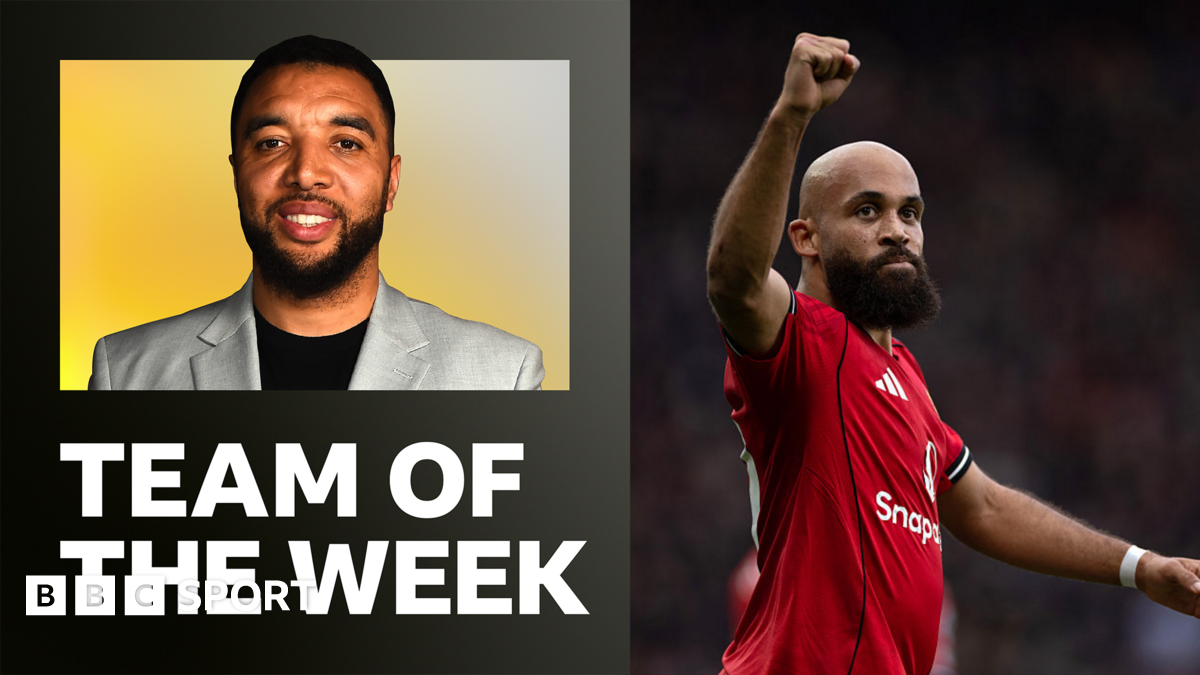Coe oversaw the London 2012 Games before taking charge of World Athletics, and has also enjoyed a successful commercial and political career.
Under Coe, World Athletics has banned transgender women from competing in the female category at international events and toughened the rules over the participation of DSD competitors.
He will also be able to point to his experience, achievements and his willingness to establish the Athletics Integrity Unit – which has a strong reputation for catching dopers – in the competition to replace Bach and become the first Briton to head up the IOC.
“It’s a movement I spent my whole life in,” he added.
“I feel as though actually I’ve probably been in training for life for this so yes, it’d be a huge honour. I don’t know if it’s the toughest race I’ve ever run, but it’s the one I’m best prepared for.”
The new IOC president will be elected in March 2025 and will take over in June.
“I think there are some changes that need to be made and fundamentally around just enabling the membership, the athletes, the National Olympic Committees, the international federations, partners, broadcasters, to have greater skin in the game and to help structure the future,” he said.
“This isn’t the efforts of just one person. I think it needs a collaborative, team-building transition.
“It would be a mistake to conclude that everything is rosy, the red carpet is out in front of us, but we do have to travel down it. I’m very keen to provide structures, governance structures, particularly that allow talented members to be able to shape the direction of the movement, and their voices to be not just heard but acted upon.
“There are some big fundamental challenges that [the Olympics] confronts. Geopolitically, commercially, the relevance of the Games… you don’t want to be so disruptive, but I do think it needs to change.”
In a controversial move, World Athletics introduced prize money for gold medallists at Paris 2024 under Coe’s leadership.
Asked if he would encourage other sports to do the same if he becomes IOC president, he added: “Yes, but I also have to recognise that some sports are not going to be best placed to create those budgets. That’s why it is important that there is a readjustment in the way sport is being funded, the way National Olympic Committees are being funded.”

